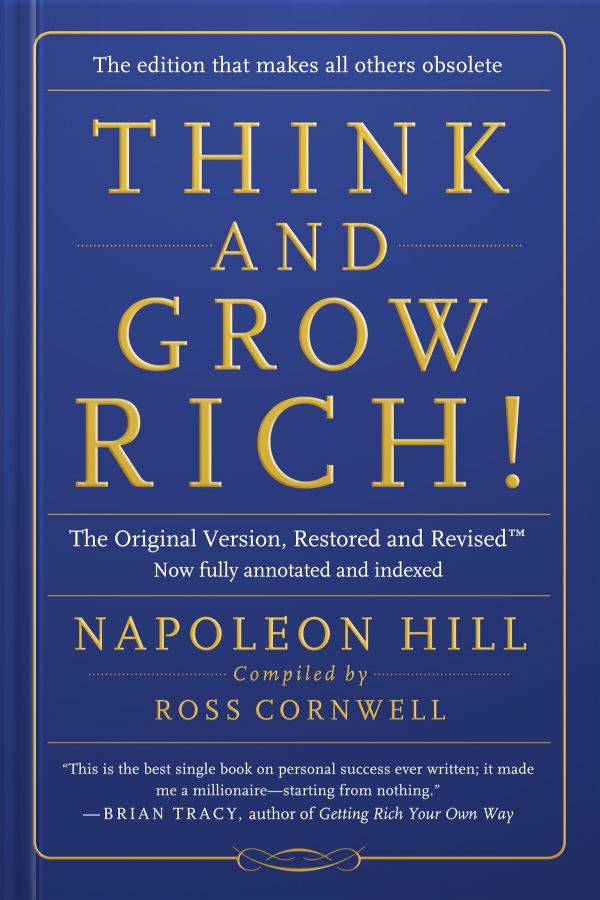
Psychology
Meditations by Marcus Aurelius
1. Control your Thoughts and Perceptions
In his meditations, Marcus Aurelius emphasizes the power of our thoughts and perceptions in shaping our reality.
He asserts we can mold a tranquil mind and resilient spirit by staying present and mastering our thoughts.
As he famously said:
"You have power over your mind - not outside events. Realize this, and you will find strength."
2. Embrace Life's Impermanence
The Meditations carry a poignant reminder that all in life is transient.
Marcus advocates for the acceptance of life's fleeting nature, and such acceptance frees us from attachments to worldly pursuits and external occurrences.
His poignant words ring true
"Time is a sort of river of passing events, and strong is its current."
3. Pursue Virtue
Marcus Aurelius proposes that the essence of life lies in living virtuously. The virtues he prizes are wisdom, courage, justice, and self-discipline.
Life unfolds with meaningfulness and fulfillment when we root our actions in these virtues.
To quote him:
"Waste no more time arguing what a good man should be. Be one."
4. Master Your Emotions
Emotions, if unchecked, can cloud our judgment.
Marcus advises practicing emotional detachment and keeping a rational mind in adversity. By managing emotions, we can steer clear of irrational decisions.
He stated
"You are a little soul carrying around a corpse," a reminder of our rational core.
5. Focus on Your Actions
Marcus underlines that we can only control our actions, not others or external events.
His teachings encourage us to focus on what lies within our control, mitigating unnecessary worry about uncontrollable factors.
He aptly said
"The best revenge is not to be like your enemy."
6. Welcome Adversity
Marcus sees adversity not as a hindrance but as an opportunity for growth and self-improvement. He believed in harnessing challenges to bolster resilience and character.
His thoughts on adversity are summarised in his words:
"The impediment to action advances action. What stands in the way becomes the way."
7. Ponder Your Mortality
Contemplating our mortality, according to Marcus, offers valuable perspective and a sense of urgency to use our limited time wisely. This acknowledgment helps prioritize the essentials in life.
His profound reflection resonates in his quote:
"Death smiles at us all, but all a man can do is smile back."
8. Cultivate Gratitude
Marcus urges the cultivation of gratitude for the present moment, our relationships, and the opportunities at our disposal.
The practice of gratitude redirects our focus from what we lack to what we possess, fostering contentment and happiness.
He once said:
"Very little is needed to make a happy life; it is all within yourself."
9. Understand Life's Interconnectedness
Marcus perceived an interconnectedness in all things in the universe, believing everything serves a purpose.
Recognizing this interconnectedness can foster humility and appreciation for our existence within this more extensive web.
He once mused:
"We are made for cooperation, like feet, like hands, like eyelids, like the rows of the upper and lower teeth."
10. Embrace Continuous Learning
Marcus Aurelius, a lifelong learner, encouraged constant self-improvement.
He embodied a growth mindset, continually seeking wisdom, thus prompting us to do the same.
The spirit of his sentiment is captured in his words:
"The soul becomes dyed with the color of its thoughts."

































